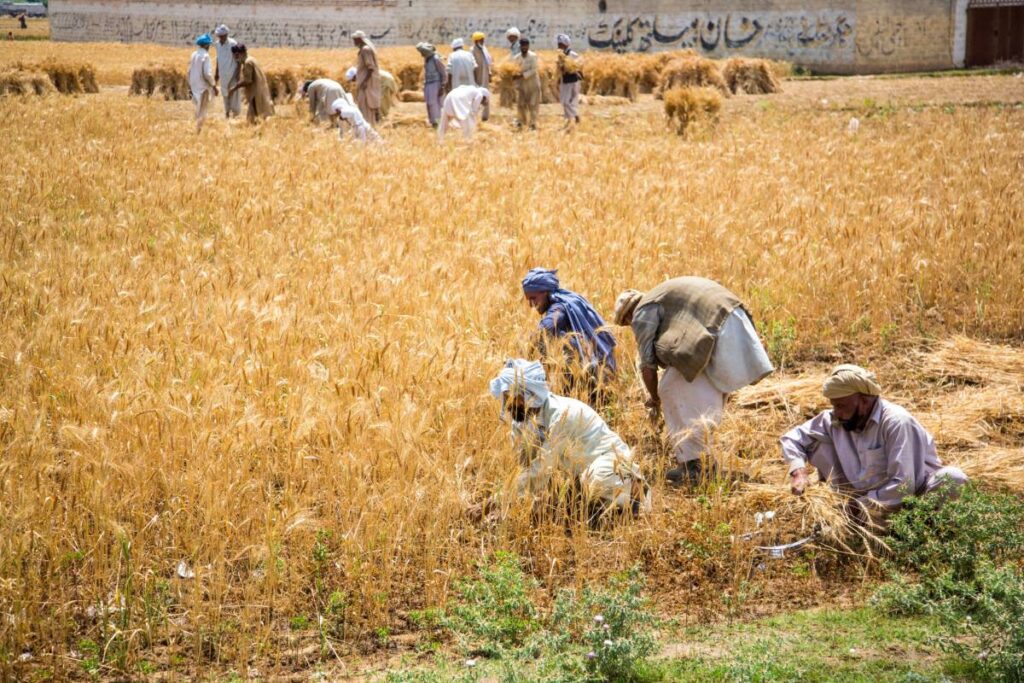Sindh farmers to boycott wheat, ready to be arrested because of 45 per cent tax
Farmers’ association slammed as “unconstitutional” the new agricultural income tax imposed by the International Monetary Fund. Pakistani agriculture is already reeling from the collapse of cotton production, rising costs, and falling market prices. Farmers want alternative crops, demanding tax breaks equal to those for other sectors.
Hyderabad (AsiaNews) – The Sindh Chamber of Agriculture (SCA) has announced an all-out challenge against the imposition of a 45 per cent tax on agricultural income, calling it "unconstitutional, illegal, and unethical."
During a meeting held on yesterday, attended by its chairman, Syed Nadeem Qamar, the organisation declared that Sindh farmers will boycott wheat cultivation for the 2025-2026 season and are prepared to be arrested rather than pay the tax.
Farmers have slammed the measure, imposed under pressure from the International Monetary Fund (IMF), calling it unsustainable for farmers, who complain they are not receiving fair prices for their production.
“We are ready to face imprisonment, but will not pay the agricultural income tax,” farmers’ leaders said, urging farmers across Sindh to join the civil disobedience movement.
During the meeting, SCA officials called on farmers to register with local administrative offices (called mukhtiarkars) to obtain the Benazir Hari Card, required to receive subsidies and government aid.
They also demanded that farmers receive the same tax exemptions granted to industrialists, and then expressed their willingness to farm more alternative crops (mustard, nigella, sunflower, and other oilseeds), deemed more economically sustainable.
The protest comes at a critical time for Pakistani agriculture, according to the local newspaper Dawn, which has already been hit by a 40 per cent drop in cotton production.
According to the SCA, this year's harvest will not exceed four million bales, with a market price of just 6,500 rupees per maund (equivalent to approximately 40 kg), well below the 11,000 rupees promised by the Sindh Ministry of Agriculture.
This situation, according to farmers, reflects a structural crisis exacerbated by uncontrolled cost increases; in the last two weeks alone, diesel jumped by 22 rupees per litre and fertiliser by 600 rupees per bag.
For the Sindh Chamber of Agriculture, the development amounts to the deliberate destruction of the agricultural sector and the government should immediately scrap increases in the price of fuel, fertiliser, seeds, and pesticides, as well as slap a 25 per cent tax on imported cotton to boost domestic production.
It demanded that the subsidy of 10,000 rupees per acre, currently available to sunflower and canola crops, be extended to mustard and rapeseed crops as well.
As early as January of this year, the SCA had reported a drop in production in several crops like rice, cotton, sesame, and sugarcane, along with a slide in prices, which it blamed on the government for instituting an abrupt and unilateral deregulation.
09/10/2007







.png)










